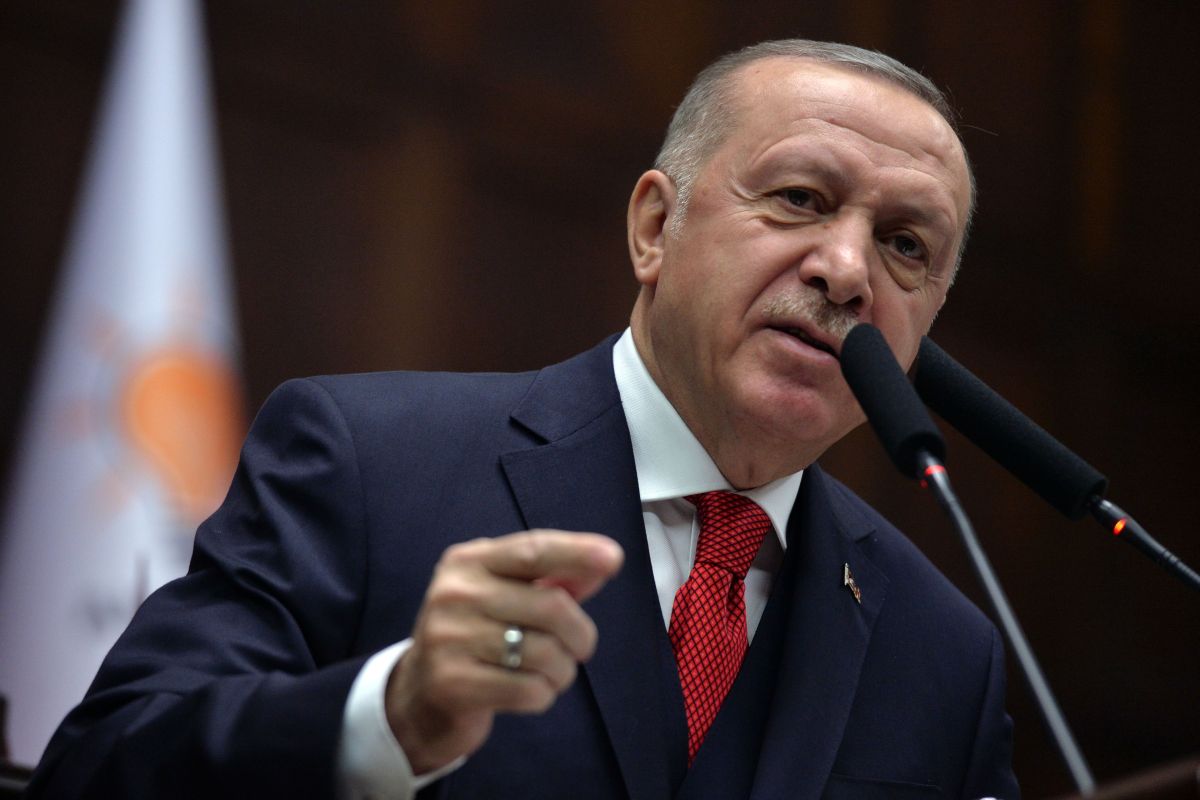The recent wave of mass protests across Turkey underscores a growing crisis in the country’s democratic institutions. President Recep Tayyip Erdogan’s government finds itself facing public outrage following the arrest of Istanbul mayor Ekrem Imamoglu. This development is not simply an isolated legal matter ~ it highlights a deepening pattern of state actions that many Turks see as undermining democratic norms and silencing political dissent. Mr Imamoglu, widely viewed as Mr Erdogan’s most formidable political rival, was detained on charges of corruption and allegedly aiding terrorist groups.
His arrest comes at a politically sensitive time, as he was poised to be confirmed as his party’s candidate for the next presidential election. The timing alone has raised serious questions about whether Turkey’s judicial processes are truly independent, as the government insists, or increasingly influenced by political motives. The response from the public has been swift and defiant. Thousands have taken to the streets in cities like Istanbul and Izmir, despite bans on public gatherings. Protesters appear to believe that this is not merely about one man’s fate but about the direction of their country.
Advertisement
For them, Mr Imamoglu’s arrest is symbolic of a broader crackdown on opposition figures, journalists, and activists. It reflects what many see as a steady erosion of freedoms under Mr Erdogan’s long rule. Many Turks fear that silencing a popular figure like Mr Imamoglu sets a precedent, where electoral success is no longer determined at the ballot box but in politically charged court rooms. The Turkish government has responded with a familiar playbook: strong rhetoric, heavy police presence, and restrictions on public assembly.
Mr Erdogan has denounced the protests as vandalism and “street terror,” framing them as threats to public order. His interior minister has accused demonstrators of inciting hatred and hostility, adding further arrests to an already long list. Yet, this approach may no longer be as effective as it once was. Mr Erdogan’s political dominance has been increasingly challenged in recent years. In local elections, his party suffered significant losses, particularly in major urban centres like Istanbul and Ankara. These setbacks have revealed a shift in public sentiment.
The economic challenges facing ordinary Turks ~ rising inflation and unemployment ~ have also fuelled dissatisfaction, particularly among younger voters. The arrest of Mr Imamoglu may be intended to neutralise a political rival, but it risks deepening divisions within Turkish society. If Mr Erdogan’s government continues to rely on repression rather than dialogue, it may further alienate an already restless population.
Turkey stands at a critical juncture. Will it move towards restoring public trust and genuine democratic competition, or will it continue down a path where political rivalry is met with state crackdowns? The choice made now will shape the country’s future long after the next election cycle. For many Turks, the answer may well be decided not in courtrooms but on the streets where they demand their voices be heard.
